How to winterize home plumbing indoors – never ignore these areas, experts warn
Prepare your home for winter to avoid leaks, frost and soaring energy bills


Winter brings festivities and holiday cheer, but also, plummeting temperatures, rain, frost and even snow.
These colder temperatures heighten the risk of frozen or leaking pipes, so it's important to winterize your home's indoor plumbing to fortify your home against damage. Luckily there are a number of quick fixes you can make to ensure your home is ready for winter, avoiding high energy bills and costly repairs.
We spoke to our plumbing experts, and these are the interior areas to prioritize when winterizing your home.
How to winterize home plumbing indoors
Before winterizing your indoor plumbing, familiarize yourself with the perfect temperature to prevent pipes from freezing. This way, you can keep an eye on your home temperature and be alert for sudden drops that could lead to burst pipes and blocks.
1. Exposed interior pipes
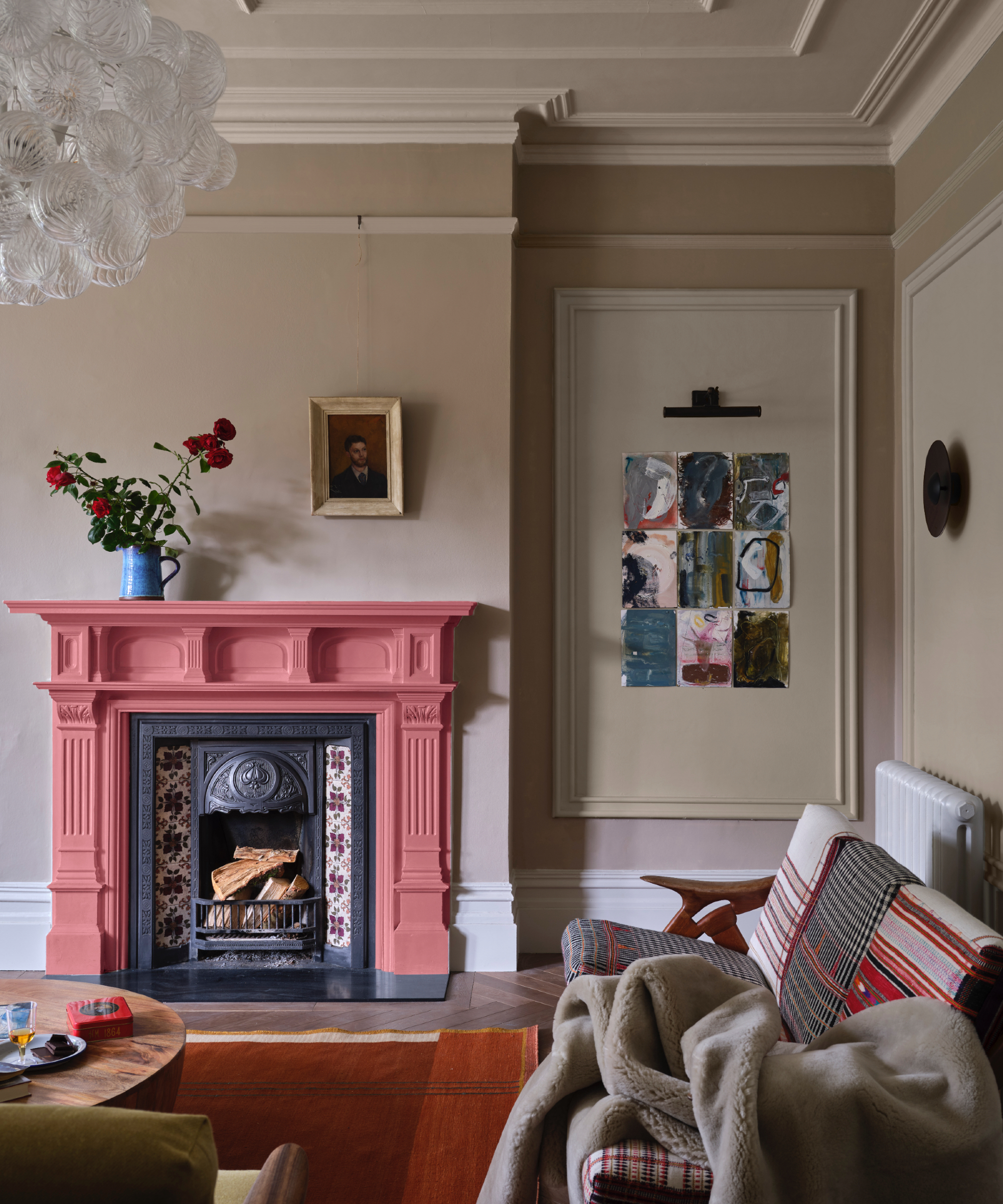
The main area to turn your attention to as winter approaches is any exposed pipes you have inside your home.
'Insulate exposed water pipes,' says Jen Wilbert, an insurance executive specializing in homeowners coverage and home protection at Travelers Insurance, with years of experience in advising customers on common risks and how to prevent potential damage to your home. 'Hot and cold water pipes can both be insulated.'
Josh Mitchell, plumbing technician and owner of Plumbing Lab advises paying special attention to exposed interior pipes in your kitchen and bathroom, particularly those mounted or running along on exterior walls as temperatures there will be cooler. 'Keeping cabinet doors open allows warm air from your home to circulate the pipes, reducing the amount of freezing,' he suggests.
To insulate exposed pipes inside your home, we recommend using insulation tape, such as the bestselling Redford Supply Co. 2 Inch Pipe Insulation Tape available at Amazon. This offers maximum pipe freeze protection, helping to prevent costly plumbing repairs.
2. Water supply lines to appliances
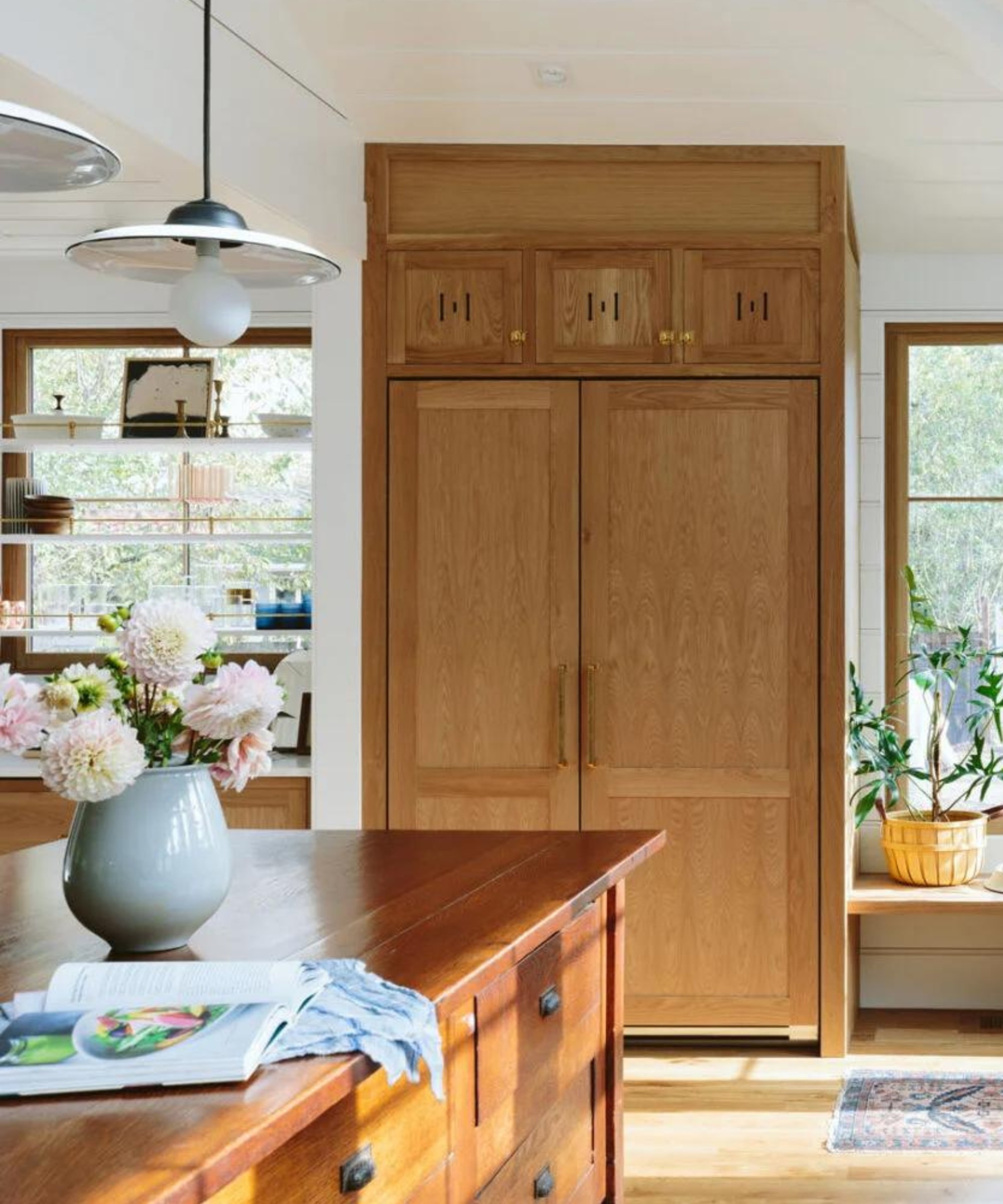
If you have a dishwasher, washing machine or fridge with a water cooler, it's important to check and winterize the drain hoses ahead of winter.
'Disconnect drain lines to icemakers, water softeners or outdoor spouts,' says Kenny Kwiatkowski, owner of Grasshole System. 'Check that dishwasher and washing machine drain hoses aren't kinked, which could cause water to pool and freeze.' If you have AC, you can also clean the drain line during winter, when it is not in use.
'Washing machines, dishwashers, and refrigerators often have water supply lines in colder areas or near exterior walls,' says Mitchell. 'Insulating these lines is crucial to preventing freeze-ups that could lead to water damage and costly repairs. According to the Insurance Institute for Business and Home Safety (IBHS), burst pipes can cause over $5,000 in damage, making these preventive steps well worth it.'
This is especially important if you are going away and your home's heating will be off or set on lower temperatures than usual.
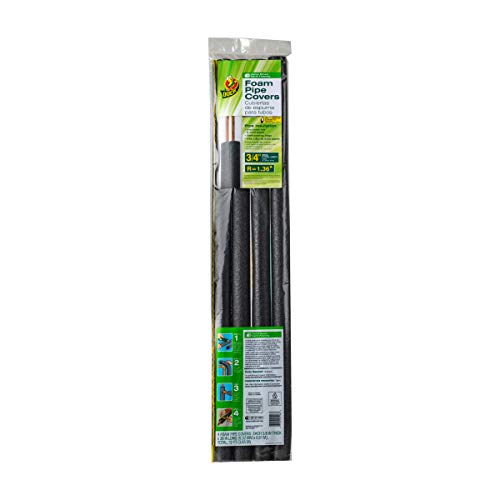
These insulating foam pipe covers prevent winter freezing and summer sweating, and are pre-slit for easy installation on curved pipes, with self-sealing edges to conveniently secure them.
3. Pipes in unheated spaces
Need to know how to insulate pipes? Pipes in unheated spaces are particularly prone to freezing.
'Focus on insulating pipes in unheated areas like basements, attics, garages, and crawl spaces,' says Mitchell. 'Using foam pipe insulation sleeves or even wrapping them with heat tape for extra protection is important. Studies show that about 250,000 homes experience burst pipes each year, often in these at-risk locations. Foam pipe insulation is an inexpensive and easy-to-install solution that can significantly reduce the chances of your pipes freezing.'
We recommend the bestselling Foam King Brand Insulating Foam Pipe Covers available at Walmart, which are highly rated by satisfied shoppers, and are safe for temperatures from -90-180 degrees Fahrenheit.
4. Water heaters, softeners and sump pumps
'Water heaters, softeners, sump pumps and well equipment all need to be properly maintained for winter,' says Ryan Norman, founder of Norman Builders, a construction company specializing in home renovations. 'A water softener should be recharged, and sump pumps tested to ensure proper insulation. Taking the time to fully winterize a home's plumping helps ensure uninterrupted water service and avoids costly repairs from freezing or bursting pipes,' so it's a simple maintenance task to lower your energy bills, too.
5. Heating systems
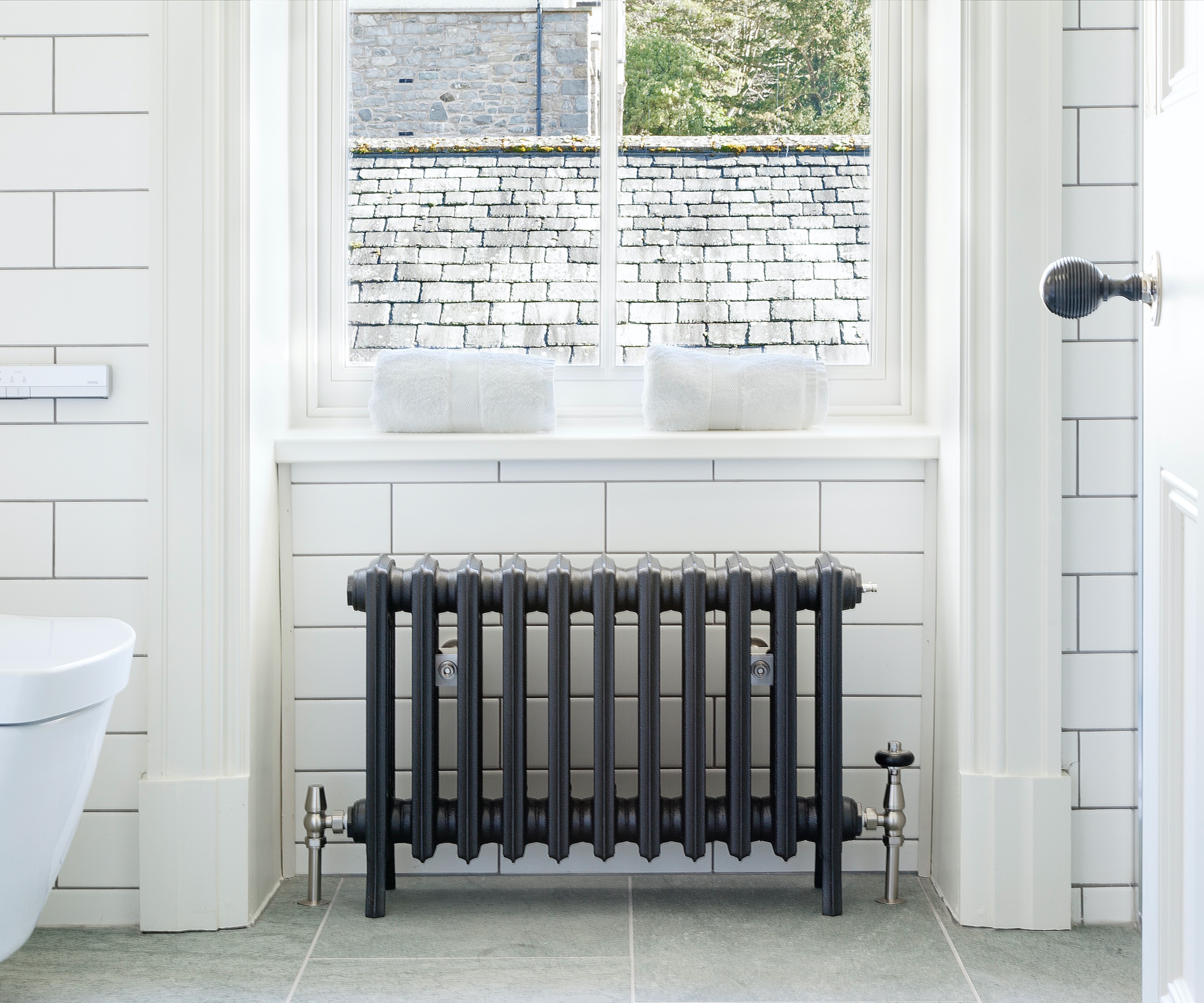
Ahead of winter, ensure your home's heating system is working well to avoid problems later down the line, when repairs will be more urgent and costly.
'If your furnace fails during a freeze, indoor temperatures can drop rapidly, and it only takes 6-8 hours for pipes to freeze in unheated areas if temperatures drop below freezing,' warns Mitchell. 'Set your thermostat to no lower than 55°F if you're leaving your home, even for short trips, to keep the system running.'
Luis Montes is a seasoned structural engineer, heavy-duty equipment expert, and Chief Editor at Fortis HD. As a licensed contractor with decades spent managing industrial projects, Montes notes that 'winterizing deserves thoughtfulness on par with construction plans themselves.'
'While freezing temps seem far away, unforeseen problems often stem from neglecting fundamentals,' he says. 'Keeping your home a consistent temperature, even when you're not there, can be a game-changer. I once heard from a couple who went on vacation, turned the heat way down to save bills, and returned to a very costly surprise. You don't have to keep it tropical, just warm enough to prevent freezing.'
Avoid making any thermostat mistakes by learning what the best temperature for a thermostat in winter is.
6. Valves and drains
'If you need to drain pipes quickly during a cold spell, familiarize yourself with your home’s water shutoff valves and drainage systems,' advises Mitchell. 'Consider installing leak detection systems that automatically shut off the water if freezing or leaks are detected. This step can be a lifesaver, particularly in homes with older plumbing systems.'
These can be purchased online, such as the YoLink Hub Smart Home Starter Kit available at Amazon, which is Amazon's Choice, meaning lots of customers buy it, rate it highly, rarely return it and it's usually in stock.
Or, hire a professional to install one. 'If you do not understand how your water system is set up, a licensed plumber can help you identify what you need to know to prepare for winter,' says Wilbert.
According to Wilbert, you should know where the main water supply enters your home ahead of winter, locate the main shut-off valve and make sure it's functioning properly. 'If you do end up with a frozen pipe, your first step should be to shut off the main valve,' she says.
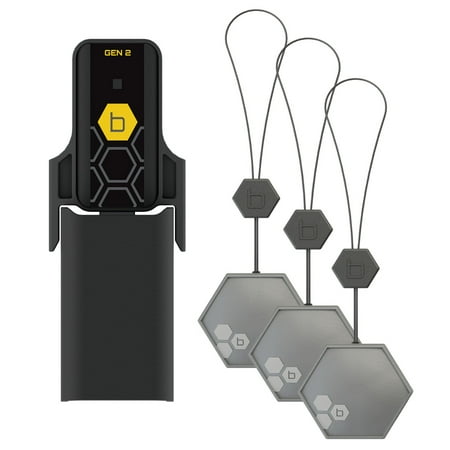
This smart flood and freeze detector cleverly sends an alert to your smartphone or email if the alarm is triggered, as its thermistor measures abnormal high and low temperatures. In the event of any detection, it will automatically shut off your water supply, preventing further damage, and is small enough to fit under or next to windowsills, doors, toilets, appliances, and any other places where leaks might originate in a home.
FAQs
Will antifreeze keep pipes from freezing?
It may seem surprising, but antifreeze should never be used as prevention to stop your pipes from freezing.
This is because the chemicals could be drawn back into the water supply, contaminating your system. If you already have frozen pipes, here's what to do to avoid the bursting.
Wondering whether you should leave the heating on overnight in freezing weather? Our dedicated guides delves into the dos and don'ts.
Sign up to the Homes & Gardens newsletter
Design expertise in your inbox – from inspiring decorating ideas and beautiful celebrity homes to practical gardening advice and shopping round-ups.

Ottilie joined Homes & Gardens last year, after finishing a Master's in Magazine Journalism at City, University of London. With previous contributions in Livingetc and Motorsport Magazine, she produces content for the Solved section on the website, focusing on clever tips and tricks to keep your home beautiful, organized and clean. She also has an undergraduate degree in English Literature and History of Art from the University of Edinburgh, where she developed a love for inspiring interiors and architecture.
-
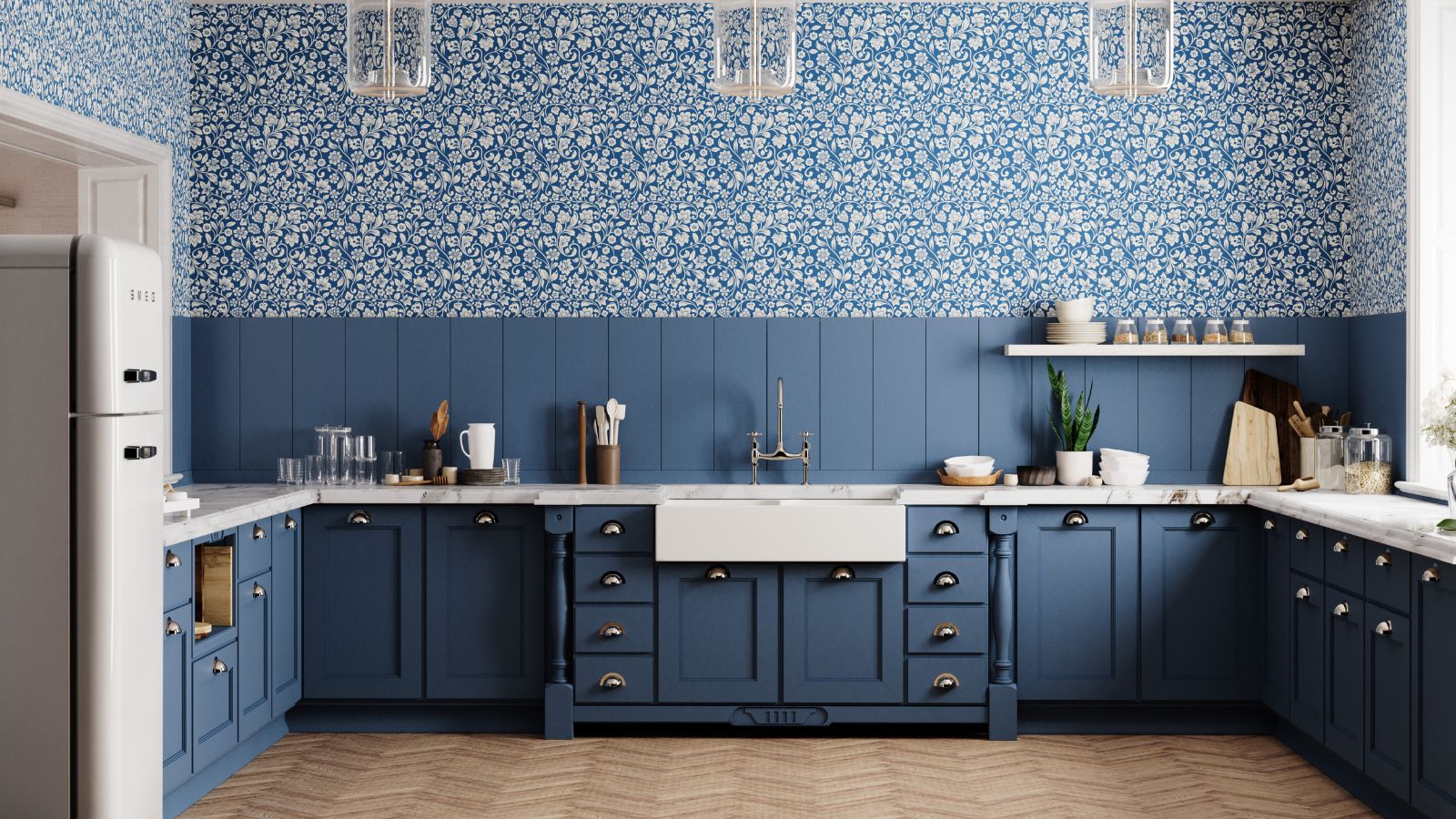 Do cleaning products expire? Professional cleaners warn time could make them ‘less effective, and in some cases, irritating to use’
Do cleaning products expire? Professional cleaners warn time could make them ‘less effective, and in some cases, irritating to use’For the best results, it pays to stay on top of the timeline of your cleaning products
By Chiana Dickson Published
-
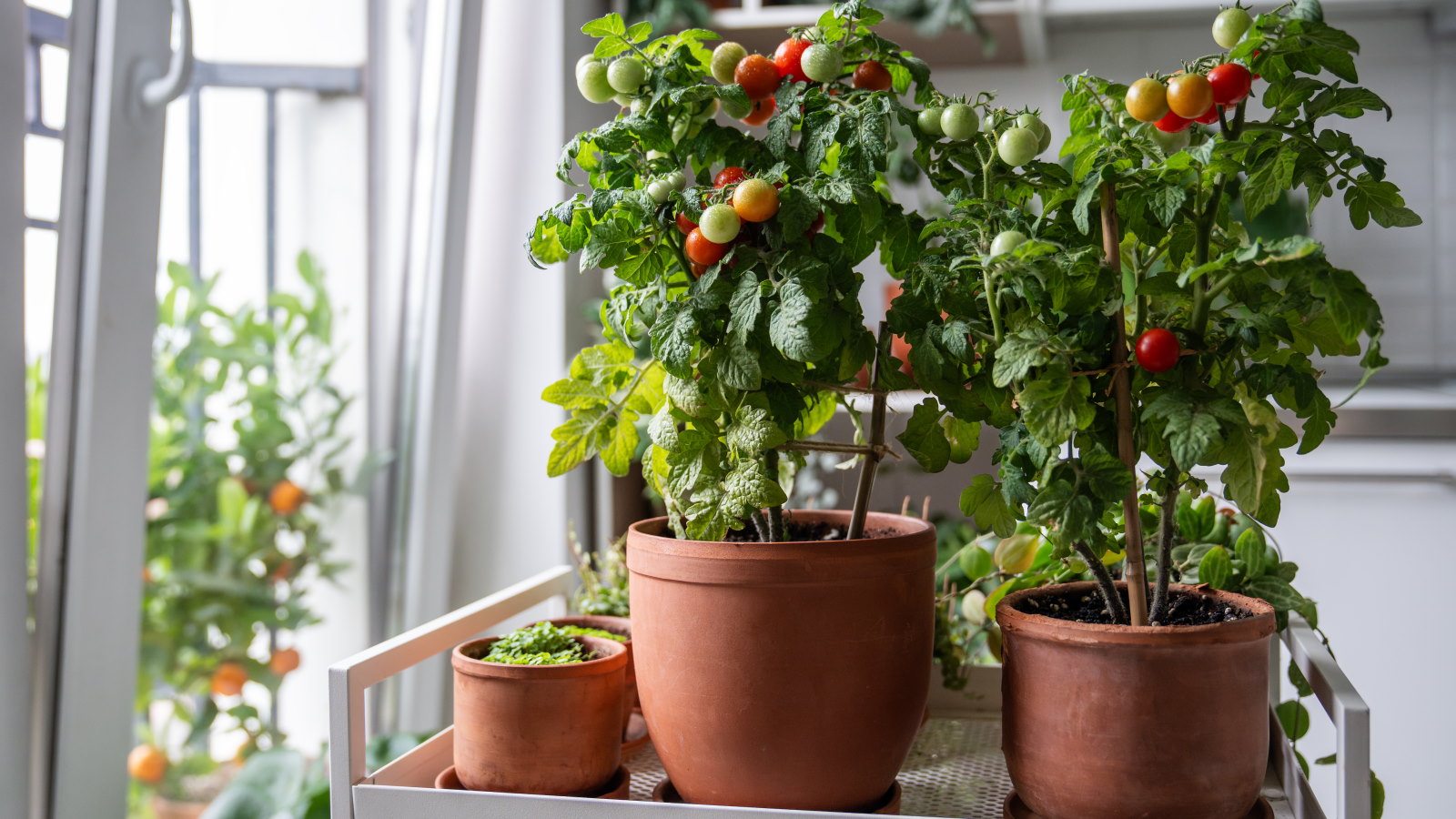 7 of the best tomatoes for growing in pots - expert growers pick their top varieties ideal for large harvests from containers
7 of the best tomatoes for growing in pots - expert growers pick their top varieties ideal for large harvests from containersYou can enjoy bumper homegrown harvests in small spaces
By Drew Swainston Published